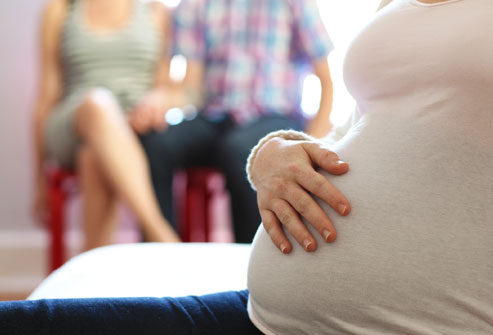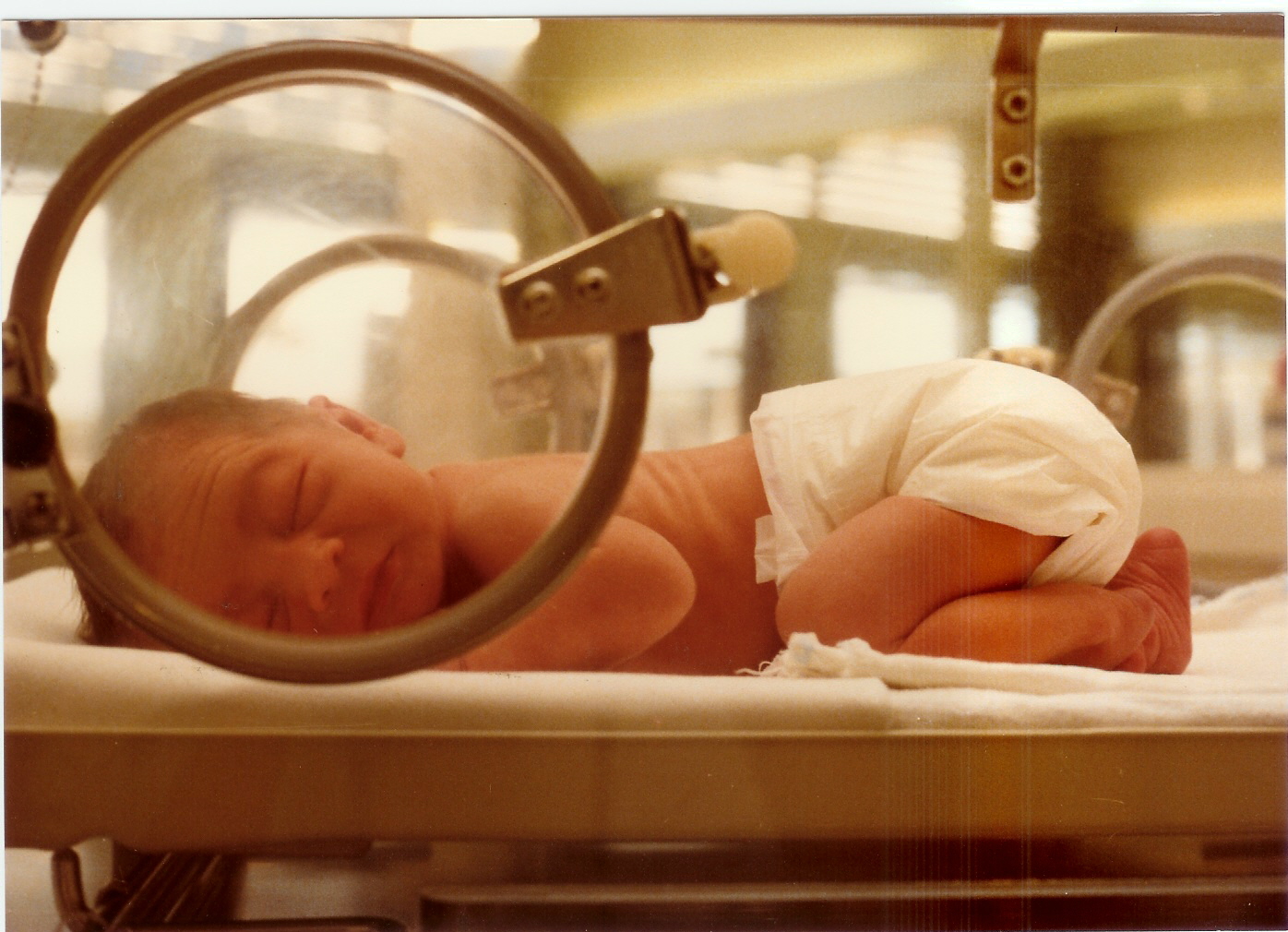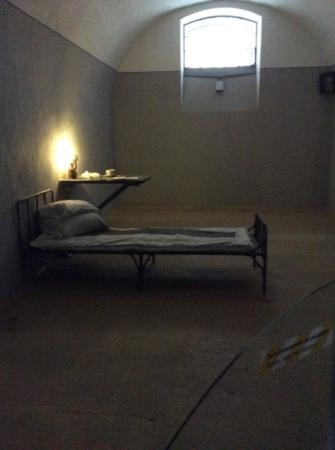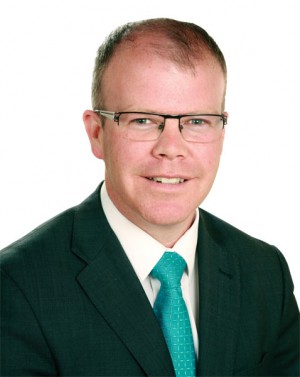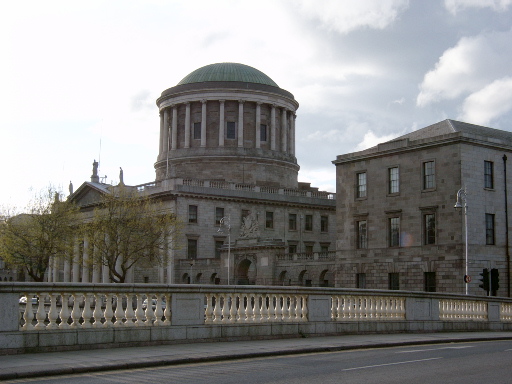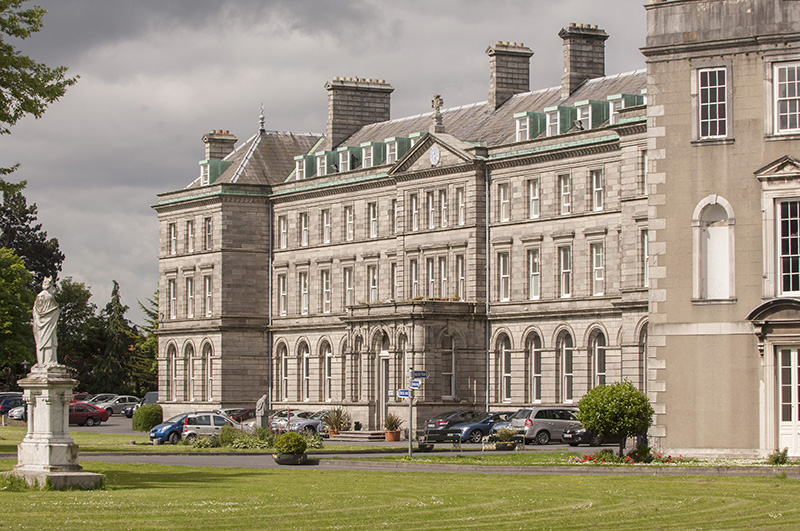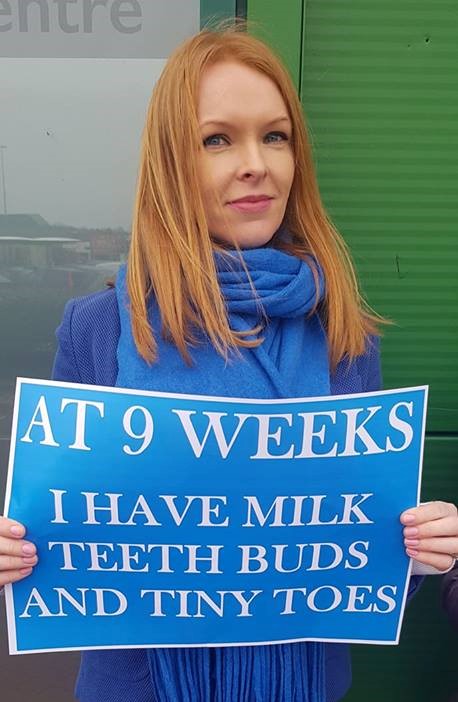The Irish Council for Civil Liberties has raised serious concerns about the Online Safety and Media Regulation Bill saying the definition of harmful online content is “hazardously vague”.
“It empowers a State-appointed body, the media commission, to ultimately decide what can and cannot be said online by deciding what is and is not harmful; enables a Minister to expand the definition of harmful online content; decide what entities fall under the scope of ‘designated online service providers’; and regulates their compliance with binding codes created by the commission,” the civil liberties body says.
Elsewhere, the Bill says a broadcaster or a provider of an audiovisual on-demand media service, such as the RTÉ Player, will not broadcast anything that may “reasonably be regarded as causing harm or offence”.
They also raised concerns about another piece of legislation dealing with hate crimes and other forms of hate speech which is due to be published in coming weeks by the Department of Justice.
Luna Lara Liboni, a policy officer with the ICCL believes a “very cautious” approach should be taken with defining ‘hate speech’, although the ICCL does support strengthening the present law against incitement to hatred. “We believe the test should not be significantly expanded as we believe the threshold for conviction of hate crimes should be high.” Liboni says that a balanced approach needed to be taken to expand the test for hate crime so that convictions could be successfully secured, while also recognising the effect on a person’s life if they are convicted of such a crime.


